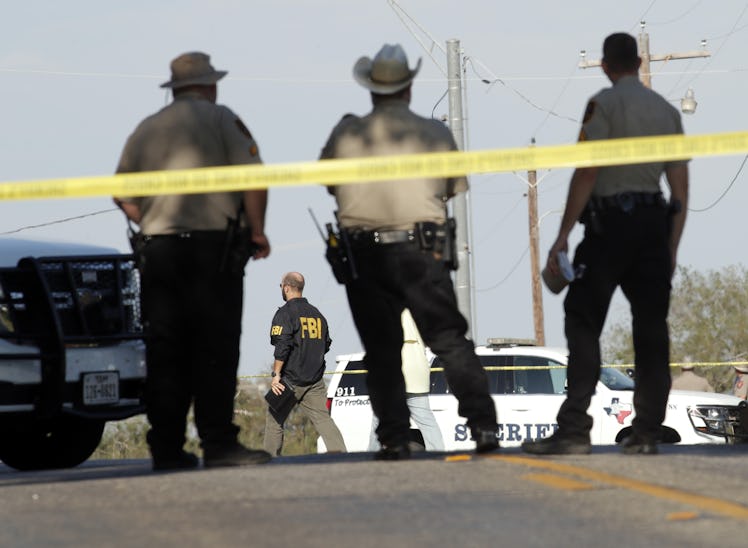
Trump Should Listen To Obama's Statement On The Texas Church Shooting
On Sunday Nov. 5, a gunman opened fire at the First Baptist Church in Sutherland Springs, Texas, killing 26 people and wounding 20. With the unfortunate normalcy of mass shootings in the U.S., the aftermath usually involves a polarized debate between foregoing politics while the nation heals, and, quite literally, jumping the gun on gun control reform. With each mass shooting that sends Americans to the grave, there is a wave of Americans taking to Twitter to point fingers at the "left" or the "right." Public figures and leaders of our country are expected to make their respective statements after a tragedy happens, especially our president. However, our former president Barack Obama's statement on the Texas church shooting did more to unite two ideas than President Donald Trump did in his own comments on the shooting. Obama calls for empathy and action, showing that people can want healing and reform. Why can't Americans grieve and take action, instead of having to choose a side?
On Sunday, Obama tweeted, "We grieve with all the families in Sutherland Springs harmed by this act of hatred and we'll stand with the survivors as they recover. May God also grant all of us the wisdom to ask what concrete steps we can take to reduce the violence and weaponry in our midst."
In contrast, on Sunday night President Trump held a press briefing from Japan, offering his condolences and calling the shooting a "mental health problem at the highest level," rather than a gun control problem. He referred to the shooter as "very deranged individual" and said that "mental health is your problem here."
Kellyanne Conway, counselor to the president, also told Fox News that "seeing politics immediately" in the wake of shootings is "so beyond any type of reasonable response." Conway went on to say, "It doesn't help the victims and is disrespectful to the dead."
Meanwhile, senators and representatives are split over their responses, essentially following party lines with their reactions to the shooting. Republicans are generally using "thoughts and prayers" responses, while Democrats are saying that's not enough. It's worth looking how Democratic and Republican senators and representatives responded differently to the shooting.
Democratic Senator Elizabeth Warren of Massachusetts tweeted, "Thoughts and prayers are not enough, GOP."
Richard Blumenthal, the Democratic senator from Connecticut tweeted, "prayers are important but insufficient."
Democratic senator of California Kamala Harris tweeted, "When do we say enough is enough?"
On the other side, Republican senator of Louisiana Steve Scalise tweeted, "Praying for the victims, the heroic first responders, and the whole Sutherland Springs community."
Republican senator of Texas Ted Cruz tweeted, "Keeping all harmed in Sutherland Springs in our prayers and grateful for our brave first responders on the scene."
Another Republican senator from Texas, John Cornyn, tweeted, "Please say a prayer for First Baptist congregation, first responders and the community there."
Yes, politicians are first and foremost human beings who express empathy, but their very job is to recognize and change societal problems by pushing policy.
How can they not make this shooting about politics?
Two of the five deadliest mass shootings in U.S. history happened in the last 35 days, so while Americans are unfortunately used to seeing ample mass shootings on the news, it seems impossible to have a desensitized reaction when it happens again. In times of tragedy, what is considered a normal reaction? Some may say simply praying for victims, while others would see it as a time to be proactive.
The difference in responses from politicians is polarized, and if our country's leaders are picking sides, the American public likely does the same. I think Obama was one of the few leaders to bridge the gap between reflection and action when he tweeted that "we grieve" but, "may God also grant all of us the wisdom to ask what concrete steps we can take to reduce the violence and weaponry in our midst."
If we cannot rely on lawmakers to take the brave steps towards change in times of trouble, who can we turn to? When horrific events continue to repeat themselves, isn't it somebody's job to reassess what problem in society is allowing this to keep happening? While it is necessary and humane to grieve for tragedy, it is equally a humane reaction to feel angry and demand reform in order for this to end.